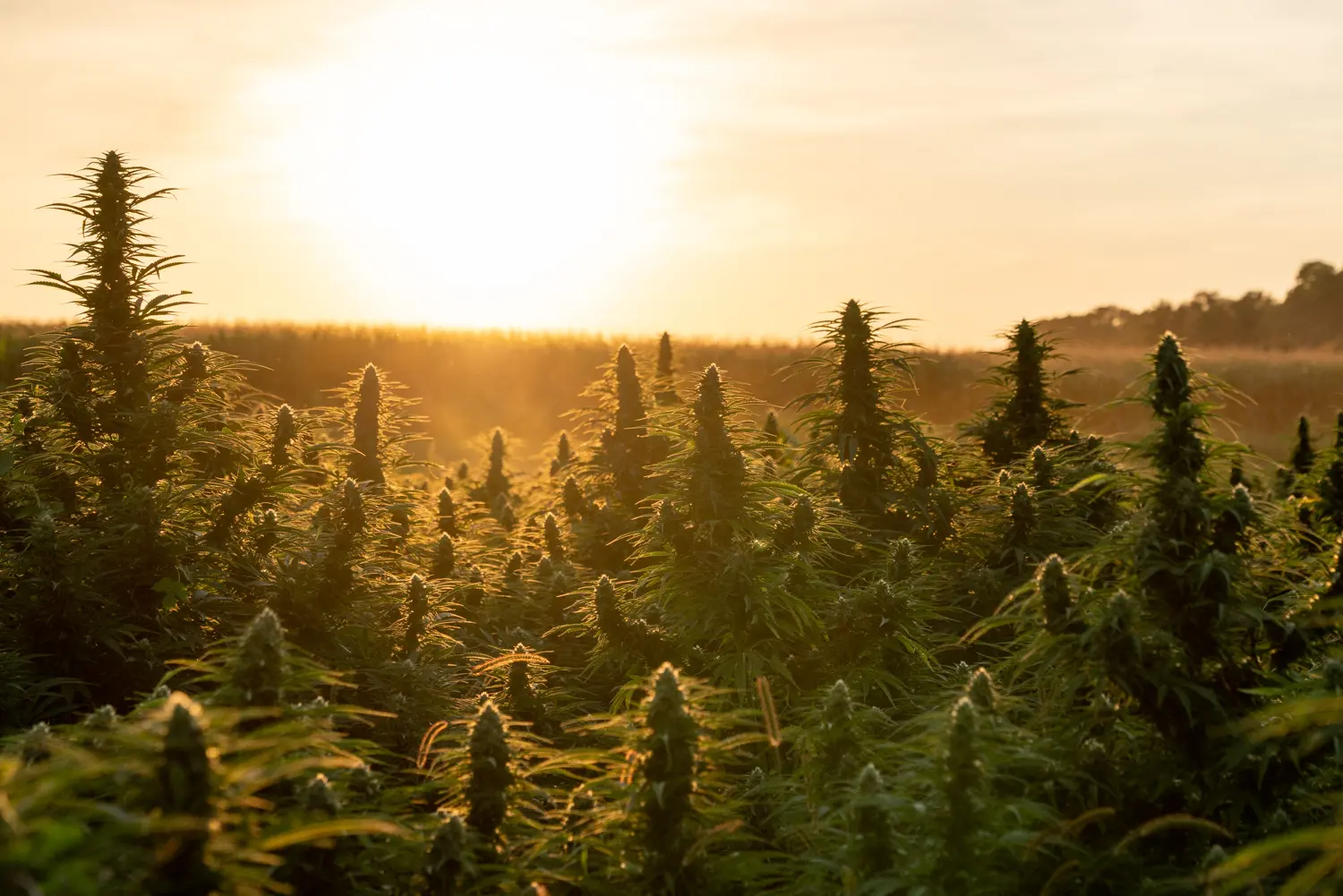Politics
Hemp Needs What Alcohol Already Has: A Clear Definition (Op-Ed)

The federal hemp standoff isn’t about farmers vs. safety; it’s about the failure to define what we’re regulating. Here’s how to fix it.
By Max Jackson, Cannabis Wise Guys
The federal debate over intoxicating hemp is paralyzed, stuck in a political standoff that obscures a simpler truth.
On one side, Sen. Rand Paul (R-KY) is blocking spending bills to protect farmers from regulatory “Armageddon.” On the other, Sen. Mitch McConnell (R-KY) and 39 state attorneys general are demanding a crackdown on a public health crisis.
Both sides are defending valid concerns, but they’re fighting over symptoms.
The real disease is a lack of definition. This entire mess exists because we don’t have a clear, enforceable definition of what we’re regulating.
The Alcohol Licensing Analogy
The alcohol industry solved this a century ago. When a bodega sells unlicensed vodka, the state shuts it down. Why? Because “liquor” is clearly defined. The owner can’t argue it’s “fuel-grade ethanol.”
The cannabis industry lacks this clarity. Smoke shops sell high-THCa flower and 100mg edibles by pointing to a flawed federal definition (<0.3 percent Delta-9 THC). Regulators know it’s functionally marijuana, but they’re paralyzed because the law says it’s “hemp.”
This confusion is no accident; it’s the result of a multi-billion dollar disinformation campaign. I can’t blame anyone for being confused when so much money is being spent to muddy the meaning of these words.
This isn’t a loophole. It’s a definitional crisis, and until we fix it, enforcement is impossible.
The Problem With Current Proposals
The current proposals are flawed.
The McConnell solution (a 0.3 percent Total THC cap), also championed by Rep. Andy Harris (R-MD) in the House, is a blunt instrument. It criminalizes farmers whose CBD crops test slightly “hot” due to sun stress, forcing regulators to chase farmers instead of the real problem: intoxicating products.
But the status quo Paul defends is equally untenable. A recent Missouri study found 96 percent of “hemp” products were high-THC cannabis and 29 percent failed for pesticides. The issue isn’t farmers vs. safety; it’s that we’re regulating without a clear definition.
The Two-Part Solution
The solution is to separate the plant from the product.
Part 1: Raise the plant cap to 1.0 percent Total THC. This pro-farmer move gives legitimate agriculture the breathing room it needs. Most CBD/CBG crops test above 0.3 percent due to environmental factors. This stops penalizing farmers for natural variations.
Part 2: Cap consumer products at 10mg THC per package. This is the surgical definition that makes enforcement possible. A 10mg cap defines “intoxicating.” It eliminates high-THC beverages and edibles from gas stations while preserving non-intoxicating wellness products like CBD tinctures and CBN topicals, which are not the target of this framework.
This framework also makes the “work-in-process” debate irrelevant. By regulating only the raw plant (1.0 percent) and the final consumer good (10mg), we bypass the bad-faith argument that 99 percent THC distillate is just “hemp extract.” If the final product is intoxicating, it’s illegal.
Why This Works
This framework creates clarity. Enforcers who are currently paralyzed by a broken definition get a new one: products above 10mg are controlled substances. The alcohol model applies: sell above the threshold, you need a license.
This also exposes the real battle lines. Legitimate farmers will support the 1.0 percent plant cap. Illicit producers will be forced to oppose the 10mg product cap—publicly admitting their business isn’t “hemp,” it’s selling high-dose intoxicants without a license.
The MSO Hypocrisy Problem
To illustrate how the broken definition enables abuse, major multi-state operators (MSOs) are playing both sides.
Green Thumb Industries, a licensed operator, sells its Incredibles brand in regulated, 280e burdened dispensaries and as nearly identical “hemp-derived” 100mg products via e-commerce and local stores.
During Green Thumb Industries’ Q4 2024 earnings call (February 26, 2025), CEO Ben Kovler stated: “Not only do we sell these products at dispensaries around the country, but we sell the same product made from hemp on the Incredibles website and by local delivery in 23 markets across the United States through DoorDash.”
He went on to say: “So if you’re in 23 markets across the U.S., you can get an incredibles chocolate bar which is the best tasting chocolate cannabis bar, arguably the best tasting chocolate bar around within an hour. So for investors to not pay attention to that would be silly.”
This is the regulatory failure in action: a licensed operator is running an unlicensed operation, and enforcers are paralyzed by the broken definition. If you can’t define what requires a license, you can’t enforce it.
The Coalition This Could Build
This framework builds a coalition that has never existed: legitimate farmers, state regulators, licensed operators and the 39 AGs.
The only ones who lose are the operators whose business model depends on the legal fiction that 100mg edibles are “hemp.”
What Happens Next
Congress will eventually act. The question is whether they’ll choose a blunt instrument that punishes farmers or the status quo that paralyzes enforcers.
There is a third option: a surgical solution. Paul is right to protect farmers. McConnell is right to demand public safety. The solution is to do both.
Split the plant from the product. It’s time to fix the definition.
Max Jackson is the founder of Cannabis Wise Guys, a technical consultancy that bridges the gap between financial investment and operational reality in cannabis. He is a former general manager of a commercial-scale cultivation facility and leverages his background in economics and policy to advise operators, investors and regulators on avoiding predictable market failures.
Photo courtesy of Max Jackson.



